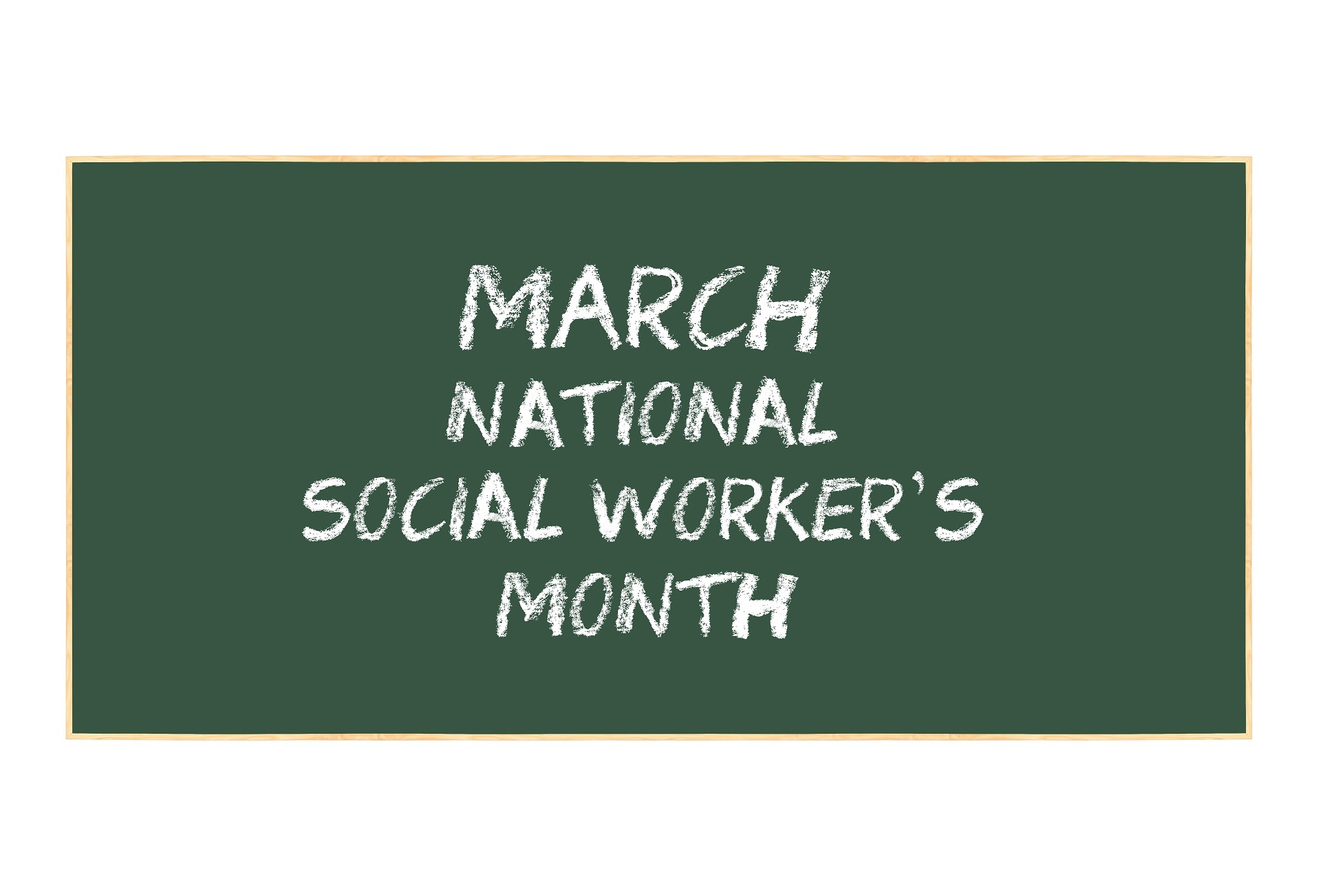The coronavirus crisis should make us focus on our problematic public health system | Opinion
This article was originally posted on NJ.com you can view the original here.
The coronavirus isn’t the only reason we should be concerned about our public health readiness — what about our aging population and the need to address caregiver shortages? What about epidemics of suicide, addiction, and violence? What about unacceptably high levels of black infant mortality? As a doctor and public health professional I am becoming embarrassed and frustrated about the state of public health in America and know we can do much better,
Dr. Steven Landers, President & CEO VNA Health Group
The possibility that coronavirus (Covid-19) or some other new disease could wreak havoc in the United States and overwhelm our public health systems should give us all pause. The status and visibility of public health in America is so diminished that many people probably do not know what the term “public health” means, and most cannot name key public health leaders, for example, who is our surgeon general?
While the coronavirus spreads, the public is looking for expert advice and clear plans, but our leaders are failing. President Trump is sharing off the cuff unscientific opinions about coronavirus while recently issuing a budget proposal that cuts public health, and the leader of the Democratic primary (Senator Bernie Sanders) is focusing on a massively disruptive overhaul of the entire healthcare system without any believable way to develop consensus, organize, finance, or transition to this Shangri-La he promises.
The coronavirus isn’t the only reason we should be concerned about our public health readiness — what about our aging population and the need to address caregiver shortages? What about epidemics of suicide, addiction, and violence? What about unacceptably high levels of black infant mortality? As a doctor and public health professional, I am becoming embarrassed and frustrated about the state of public health in America and know we can do much better.
As a physician, I absolutely treasure patient care and my patient relationships, but I also have fallen in love with public health because it offers a way to prevent suffering and impact thousands of people’s lives. I left my post at Cleveland Clinic and joined Visiting Nurse Association Health Group in New Jersey largely because of the history of excellence and innovation in public health.
It is time for public health to become a more prominent part of our national health policy dialogue. I see three important areas our leaders and 2020 candidates should focus on to address emerging issues like the coronavirus, and to strengthen our public health readiness.
Focus #1: We should train more nurses, aides and family physicians
In order to have a high performing public health system, there has to be an adequate supply of front-line, versatile, skilled and compassionate caregivers. Whether we are fighting coronavirus or caring for a growing number of people with Alzheimer’s disease, the tip of the spear are nurses, aides and primary care physicians. We do not have enough of these valuable professionals.
Focus #2: Improve connectivity in electronic health information systems
To adequately respond to public health challenges, people need well-coordinated care, where important aspects for prevention and treatment don’t fall through the cracks when they are cared for in multiple settings. Doctors and nurses at the front lines of healthcare need their time freed up from duplicative typing and clicking that takes time away from care. Public health leaders need to be able to quickly track and analyze population level trends in order to respond quickly to crises and target interventions. All of these needs are being hurt because of poor connectivity between the many different information systems. In spite of the mass adoption of electronic record keeping, these expensive systems frequently fail to connect with each other in a robust way.
It’s time we focus on a fixable difference between public health and other nimbler sectors. Enter “RESTful” Application Program Interfaces (APIs). APIs are programs that allow programs to communicate with each other. We should be using them to link electronic medical records and other public health and human service applications. We should adopt policies that demand more openness and clear national standards for APIs.
Focus #3: Reduce Fragmented Management of Public Health Programs
In any given community there is a confusing mix of public health and human service programs that are not coordinated or integrated with one another — rather than a high impact orchestra, we have a bunch of one man bands. There are so many different programs with different management, governance, funding models, and oversight bodies — it is too confusing for people to know where to get help, and we are too fragmented to respond to complex problems that require different specialties and functions to make an impact. Federal, state and local governments should actively pilot innovations that better organize and align public health and related human service programs. Regionalizing and bundling certain programs under larger accountable entities is worth trying.
I’m proud of my colleagues at Visiting Nurse Association of Central Jersey are developing innovative approaches to program integration and creating no wrong front door for care.
Steven Landers MD, MPH, is president & CEO of VNA Health Group. The opinions in this article are his and do not represent those of his employer.



